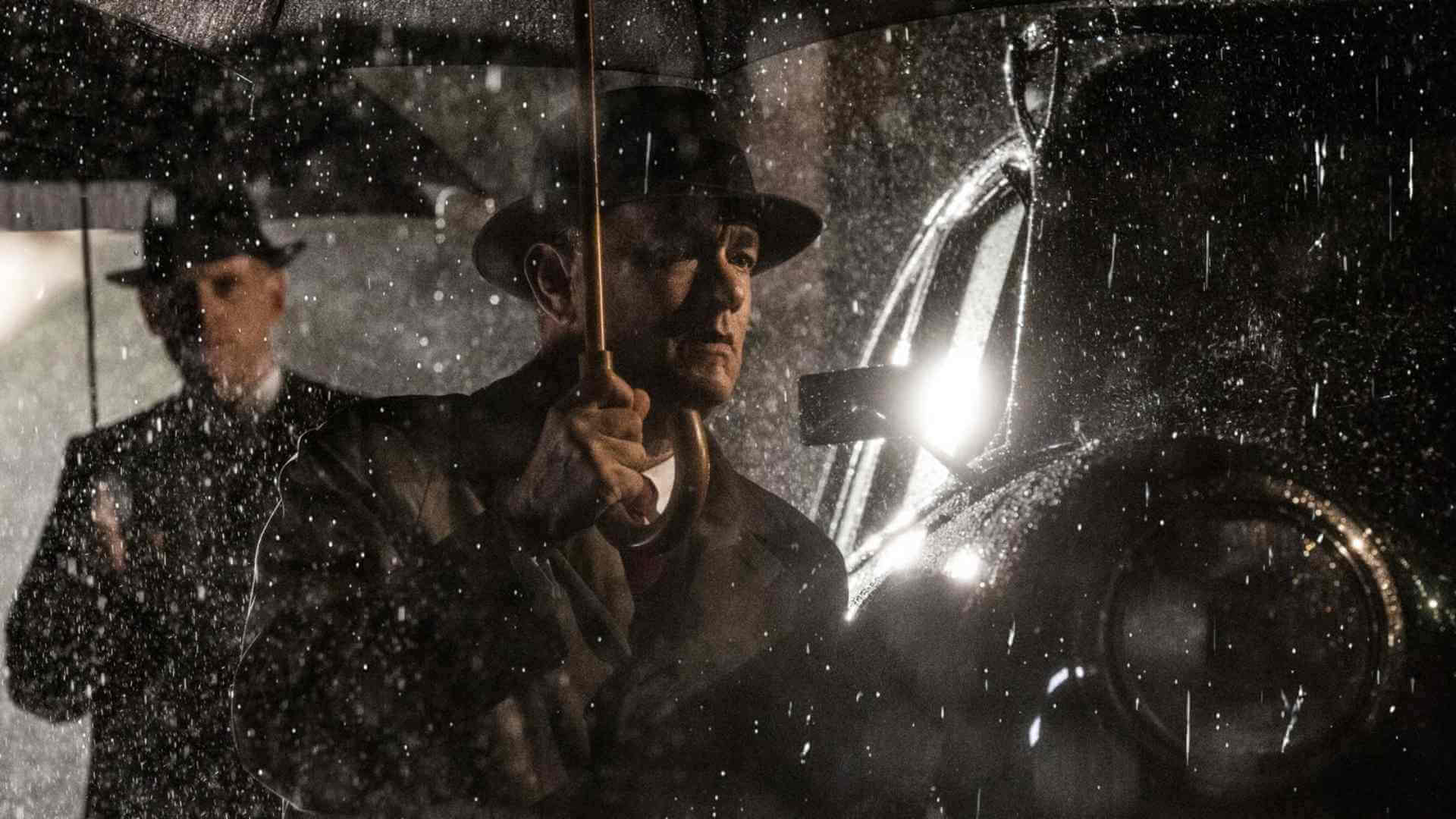Is it conscience that makes you sick? Or everything that goes against it? There’s an element of conspiracy and cruelty that Spielberg’s movies have always taken for granted. Even the fantasies tend to be fantasies of cruel worlds, like A.I. Artificial Intelligence. If the plot of a Spielberg movie doesn’t hinge on some level of institutional incompetence (for our purposes, let’s say Jurassic Park qualifies), then it’s probably about slavery. Spielberg, the defining American populist of his generation, is a conflicted cynic who is enamored of aw-shucks, can-do values, but knows better. Look at the ending of Raiders Of The Lost Ark, his homage to rah-rah adventure serials, with the Ark Of The Covenant disappearing into a warehouse of forgotten treasures—isn’t that a deeply cynical note to end on? There’s an interesting alternate interpretation that was floated by the French director Olivier Assayas back in his days as a film critic: The ending is really the genesis of the movie in reverse, and it’s Raiders that’s in the crate, plucked from the storehouse of film history, where countless other passé genres and styles wait to be rediscovered.
Perhaps these two interpretations—cynicism and hope—aren’t mutually exclusive. When I think about it, Spielberg’s Americana really comes down to two key features. The first is a deep-seated respect for the legal and social values that this country’s founding documents can inspire in people. Bridge Of Spies goes so far as to have Donovan say out loud (in the brief, but effective “rulebook” speech) that the protections of the Constitution and its amendments are the only things that define Americans as a group; otherwise, they have basically nothing in common. The second feature is a distrust for jingoism, officialdom, and anything else that says it’s there to protect those aforementioned founding documents. Spielberg’s movies don’t trust anyone who says they know what’s best, whether it’s the mayor of Amity Island in Jaws, the Pre-Crime Division in Minority Report, or the CIA in Bridge Of Spies.
Those are just three examples I picked off the top of my head, but I’m stuck by how all of them 1) represent power legitimated by the security it claims to offer, and 2) hold on to that power by lying or looking the other way. They are swindlers, in a way. So are Spielberg’s moral heroes. Bridge Of Spies imagines the Cold War at its height as a theater of the absurd. It’s tough to decide which is presented as more grimly surreal: The impostor Abel family paraded before Donovan by the Soviets, or the U-2 pilots being instructed to commit suicide using a silver dollar full of shellfish toxin if shot down. Most of the Americans we see in the movie are either hysterical or unscrupulous. The only way a moral person (i.e., Donovan) can get around is by playing along. Like Oskar Schindler, he plays off people’s worst instincts, namely vanity and paranoia, to talk them into sparing Abel’s life and then into helping him rescue Pryor. But why does he rescue Pryor?
Donovan’s relationship with the Soviet spy is very clear. Abel, played by a marvelously subtle Mark Rylance, is Donovan’s client, and ensuring his right to a fair trial is a patriotic duty, even if America doesn’t see it that way; Donovan also respects the man for his integrity, which makes them kindred spirits. But Pryor is someone Donovan never meets, and whom the audience barely sees. He’s basically a non-character—a fluke of history. Bridge Of Spies, which is based on a real incident, plays fast and loose with the historical record, usually with good reason. It goes out of its way to paint Pryor as just someone who represented nothing and was politically useless. To return to the idea of that moral cough: Is it Pryor’s imprisonment that bothers Donovan? Or the notion that Pryor is worth less than Powers because he isn’t a spy?
It’s not difficult to put a topical, post-PRISM spin on Donovan’s beliefs; violations of privacy and confidentiality are specifically invoked. The conflict in the movie isn’t East against West, but between this country’s government and the “rulebook” that is the only thing that defines America, per Donovan. Within the realpolitik of the Cold War, Powers and Abel are real bargaining chips, and Pryor isn’t; there is no need to get him back. So in comes Donovan with his coughing and sneezing, which makes him seem feeble when he isn’t—just like his commitment to those ideals that people look up to, but which no government is willing to put into practice, because it will make them weaker. Principles don’t make for effective counter-espionage, say the CIA spooks. It’s the logic of power. Donovan would rather be sick. Too bad his sickness doesn’t appear to be contagious. In the Spielberg-verse, people lose rights as groups, but stick to principles on their own.

